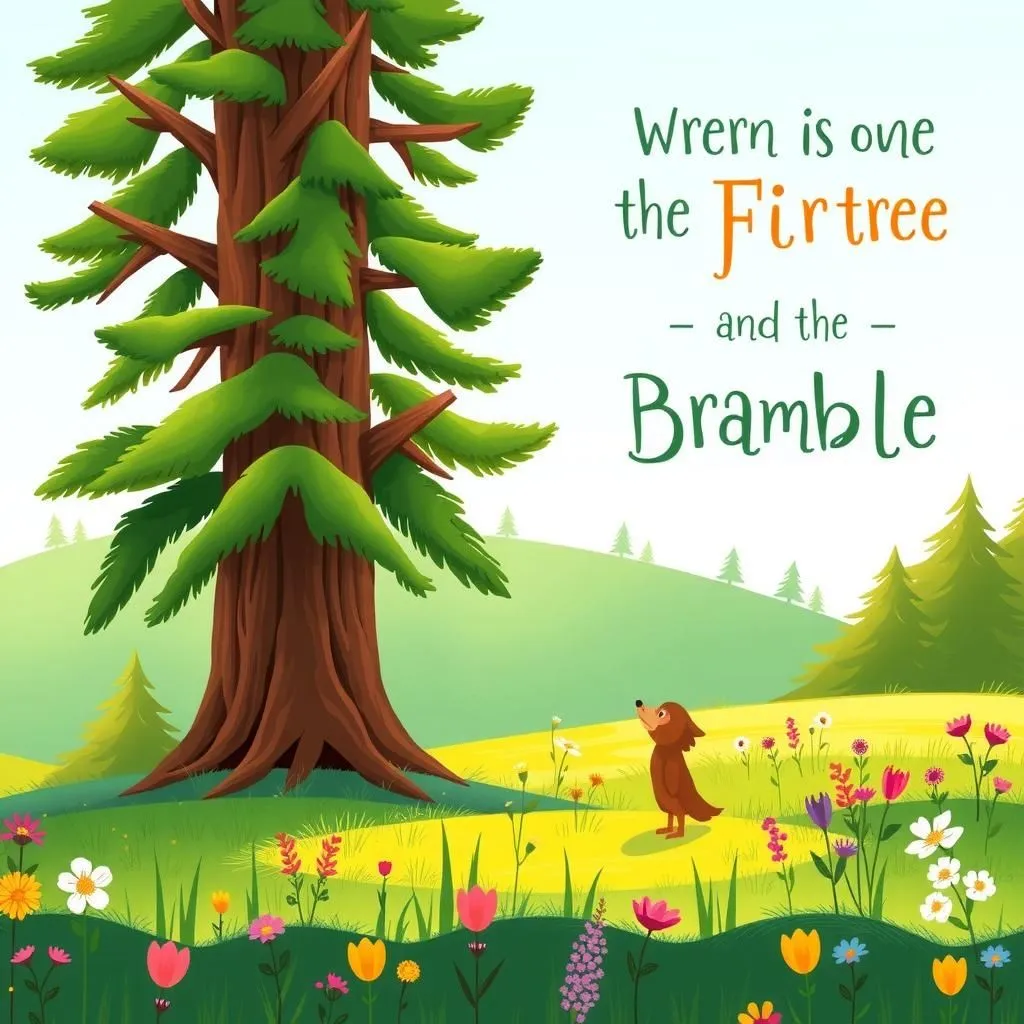
The Man and the Fish-horn
A Truthful Man discovers a unique musical instrument called a fish-horn and decides to use it while fishing, believing it will charm the fish. Despite playing it all day without catching anything, he concludes that the experience was a wonderful day for music instead, highlighting a valuable lesson in appreciating the moment. This simple short story with moral serves as one of the best moral stories for students, reminding us that not every endeavor yields the expected results, but joy can still be found in the journey.


